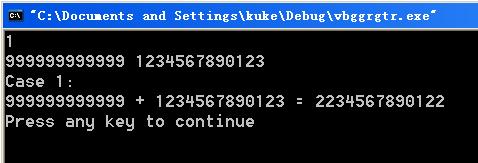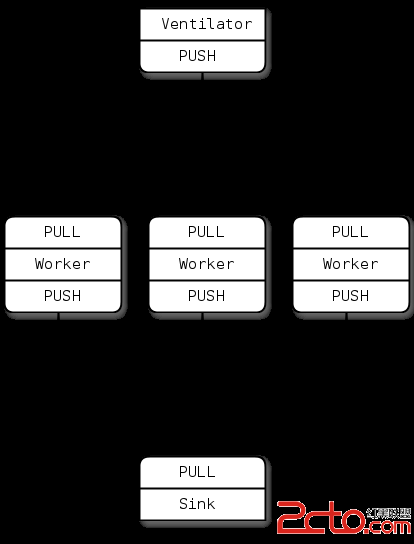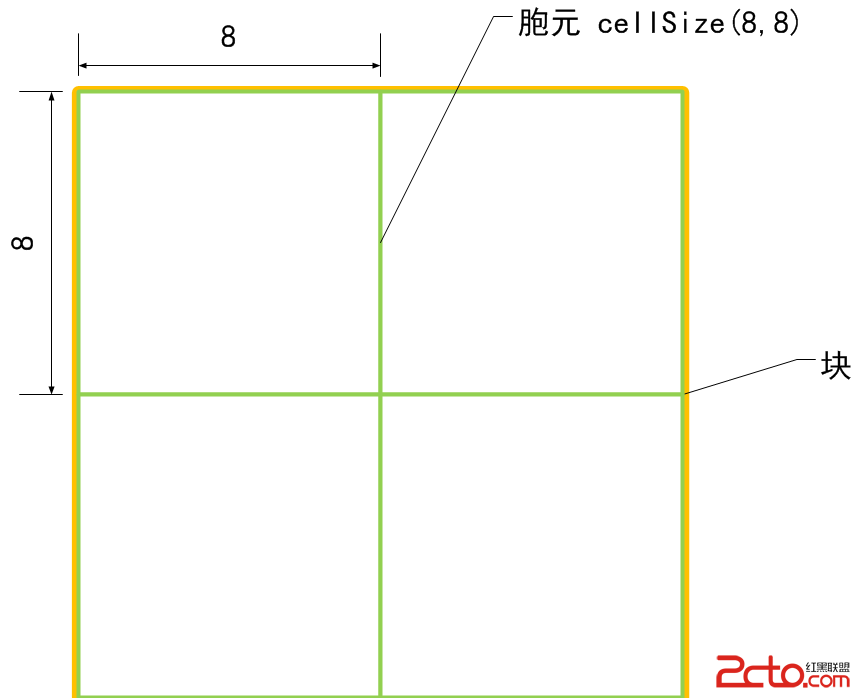HDU 3592 World Exhibition
World Exhibition
Time Limit: 2000/1000 MS (Java/Others) Memory Limit: 32768/32768 K (Java/Others)
Total Submission(s): 931 Accepted Submission(s): 468
Problem Description
Nowadays, many people want to go to Shanghai to visit the World Exhibition. So there are always a lot of people who are standing along a straight line waiting for entering. Assume that there are N (2 <= N <= 1,000) people numbered 1..N who are standing in the same order as they are numbered. It is possible that two or more person line up at exactly the same location in the condition that those visit it in a group.
There is something interesting. Some like each other and want to be within a certain distance of each other in line. Some really dislike each other and want to be separated by at least a certain distance. A list of X (1 <= X <= 10,000) constraints describes which person like each other and the maximum distance by which they may be separated; a subsequent list of Y constraints (1 <= Y <= 10,000) tells which person dislike each other and the minimum distance by which they must be separated.
Your job is to compute, if possible, the maximum possible distance between person 1 and person N that satisfies the distance constraints.
Input
First line: An integer T represents the case of test.
The next line: Three space-separated integers: N, X, and Y.
The next X lines: Each line contains three space-separated positive integers: A, B, and C, with 1 <= A < B <= N. Person A and B must be at most C (1 <= C <= 1,000,000) apart.
The next Y lines: Each line contains three space-separated positive integers: A, B, and C, with 1 <= A < B <= C. Person A and B must be at least C (1 <= C <= 1,000,000) apart.
Output
For each line: A single integer. If no line-up is possible, output -1. If person 1 and N can be arbitrarily far apart, output -2. Otherwise output the greatest possible distance between person 1 and N.
Sample Input
1
4 2 1
1 3 8
2 4 15
2 3 4
Sample Output
19
Author
alpc20
Source
2010 ACM-ICPC Multi-University Training Contest(15)——Host by NUDT
Recommend
zhouzeyong
解题思路:基础的差分约束,直接列不等式,然后用SPFA判断即可,如果出现负权环即是不等式无解,如果到第n个人的最短距离一直没有更新就说明第n个人与第1个人在图上是不连通的,就是第n个人与第1个人的距离是任意长度,有更新的话就是有最短距离了,输出即可。
[cpp]
#include<cstdio>
#include<cstring>
#include<queue>
#define Inf 0x7ffffff
using namespace std;
int head[1005],k;
struct
{
int s;
int e;
int w;
int next;
}edge[20005];
void Add(int s,int e,int w)
{
edge[k].s=s;
edge[k].e=e;
edge[k].w=w;
edge[k].next=head[s];
head[s]=k++;
}
int SPFA(int s)
{
int i,st,ed,dis[1005],cnt[1005];
bool visit[1005];
memset(visit,false,sizeof(visit));
memset(cnt,0,sizeof(cnt));
for(i=1;i<=s;i++)
dis[i]=Inf;
queue<int> x;
x.push(1);
dis[1]=0;
cnt[1]++;
visit[1]=true;
while(!x.empty())
{
st=x.front();
x.pop();
for(i=head[st];i!=-1;i=edge[i].next)
{
ed=edge[i].e;
if(dis[ed]>dis[st]+edge[i].w)
{
dis[ed]=dis[st]+edge[i].w;
if(!visit[ed])
{
visit[ed]=true;
x.push(ed);
cnt[ed]++;
if(cnt[ed]>s-1)
return -1;
}
}
}
visit[st]=false;
}
if(dis[s]==Inf)
return -2;
else
return dis[s];
}
int main()
{
int i,t,n,x,y,a,b,c,ans;
scanf("%d",&t);
while(t--)
{
k=0;
memset(head,-1,sizeof(head));
scanf("%d%d%d",&n,&x,&y);
for(i=0;i<x;i++)
{
scanf("%d%d%d",&a,&b,&c);
Add(a,b,c);
} www.zzzyk.com
for(i=0;i<y;i++)
{
scanf("%d%d%d",&a,&b,&c);
Add(b,a,-c);
}
ans=SPFA(n);
printf("%d\n",ans);
}
return 0;
}
补充:软件开发 , C++ ,





